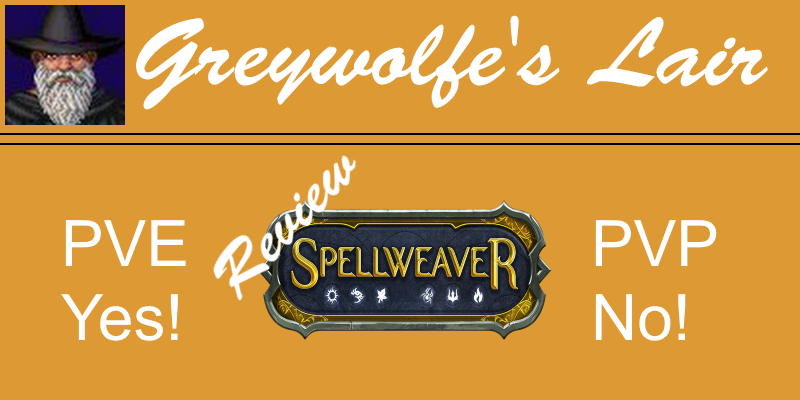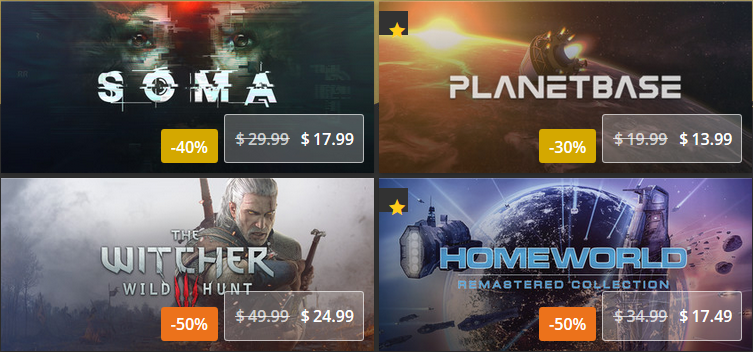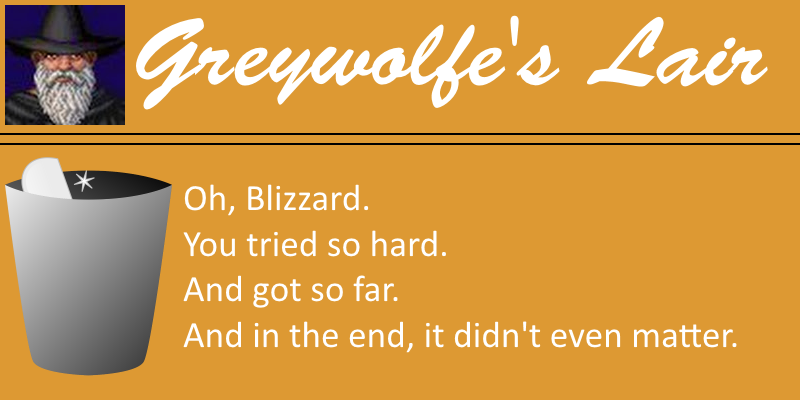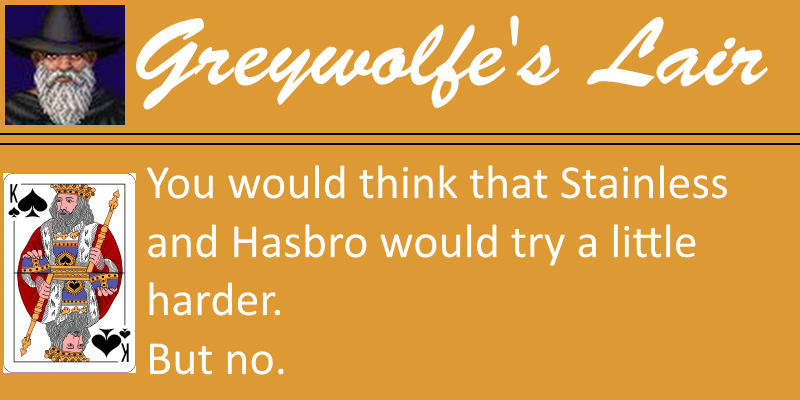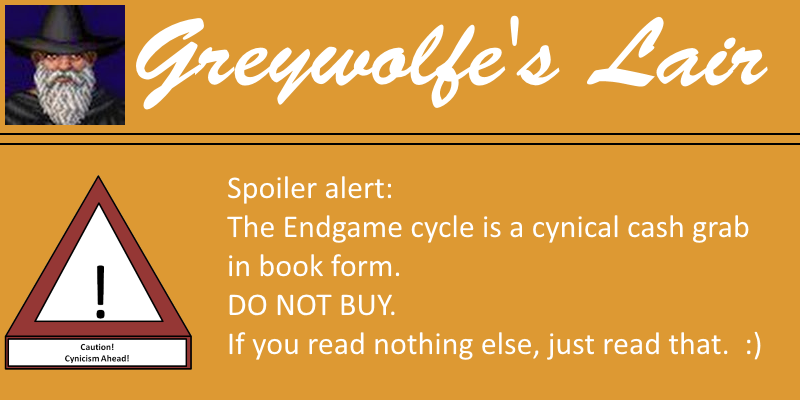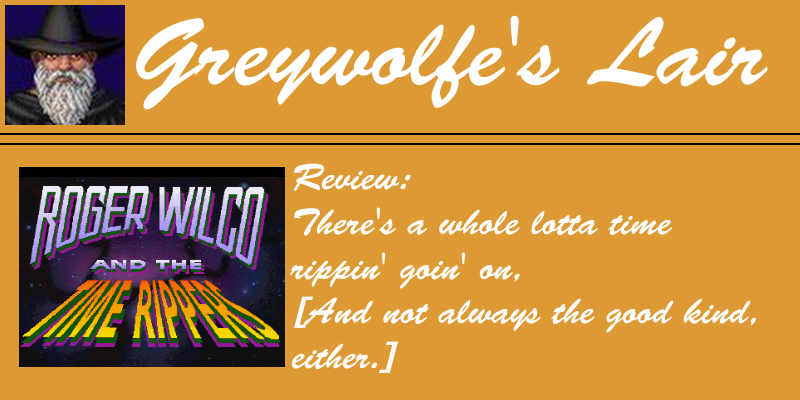Links open in new pages
Magic: The Gathering is a great game with a troubling digital history. In one sense, it's really sad, because Hearthstone is immeasurably polished - a thing that Blizzard is absurdly good at. And where Blizzard have gone, others have attempted to follow, because surely, if they can make it work to the tune of a silly number of people throwing money at imaginary cards that they're never going to really own [because the servers will go down and then you'll be left with nothing] then someone else has to be able to share the pot, right?
Probably. But a lot of that is going to depend on lots of little factors. And where Spellweaver comes up strong in some of those factors, it's just kind of bland and uninteresting for a lot of the rest. Read more

